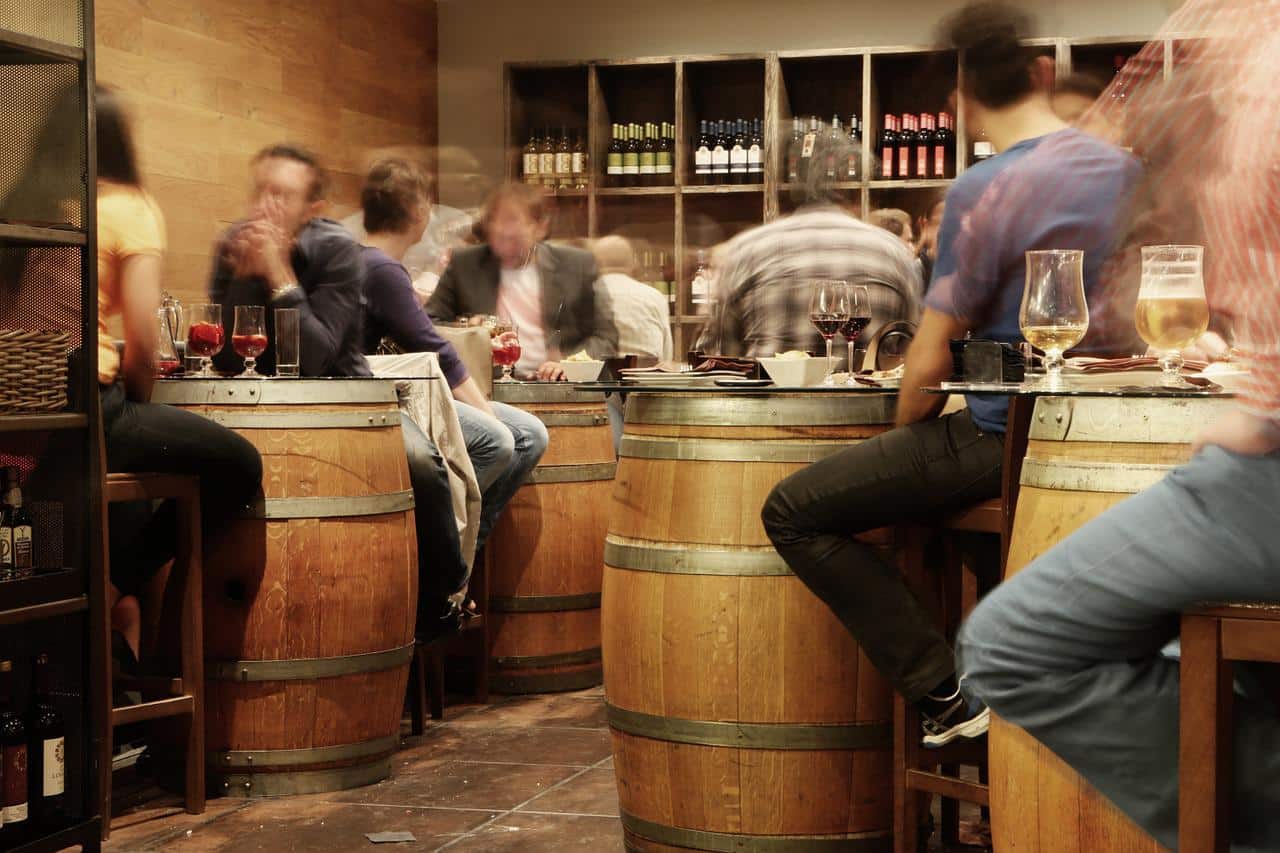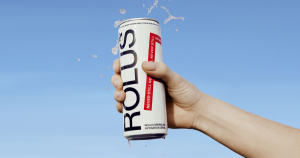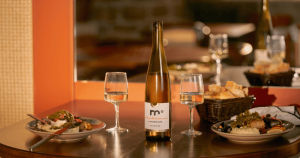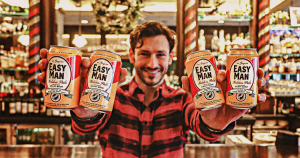I read an article recently that piqued my interest – What Old-Time Saloons Tell Us About the Pandemic’s Damage by Peter Suderman published for Reason Magazine. 2020 saw the unfortunate closure of almost every type of gathering place – schools, churches, cafés, restaurants, sports, concerts, and bars. Suderman discusses the possible effects of these Covid closures by drawing a comparison to the Prohibition era – the last time there was such widespread closure of social spaces. While alcohol is most commonly considered the scorn of Prohibition, it was actually saloons and the culture they created, which were the main target of the movement. Saloons were “America’s third-place” and the era’s version of Starbucks, as Suderman calls it – unstructured and informal meeting places outside of the home and workplace.
He points to more recent research on the decline in innovation at the same time in the form of patent applications. Patenting declined 8-18% in counties that would have preferred to stay wet versus consistently dry counties with the onset of Prohibition. He argues that it wasn’t the alcohol at saloons that facilitated this culture of innovation – it was the lack of structure and formality that existed in other venues. Since Prohibition specifically targeted saloons – more so even than the alcohol they provided – this type of meeting place disappeared along with the innovation it inspired. This was bad news for Prohibition-era inventors and perhaps even more so today given the vast closures experienced during the Covid pandemic. I find this comparison interesting for two reasons – first, to highlight how important these informal gathering places are to our culture and two, that alcohol is not necessarily a key component of creating these refuges.
People go to bars for a host of reasons – to meet, rest, relax, enjoy, talk, not talk, play games, watch sports, eat, meet old friends, make new ones, dance, sing and the list goes on. Bars function as a unique social space where there isn’t another implicit purpose besides socializing. As Suderman suggests, it’s exactly this lack of structure and focus in bars that helps cultivate the innovation, creativity and spontaneity that may lead to your next great idea.
So, where does alcohol fit into this? Well, I don’t think it has to. I founded Spirited Away in the hopes of helping my fellow New Yorkers foster social connections without alcohol. And, luckily, I’m not the only one. There’s an increasing number of bars and restaurants throughout the city and country expanding their non-alcoholic options or going completely alcohol-free. The culture of the bar is unique and, thankfully, its “place” doesn’t need to be changed. What we can change is what we’re connecting over. Instead of signing the night and probably the next day away to alcohol we can choose to connect over drinks that help us feel good.






